Why is Laravel Training Important?
- Framework Proficiency: Laravel training equips individuals with the knowledge and skills necessary to become proficient in using the Laravel framework. It covers the framework's features, best practices, and design patterns, enabling developers to leverage its full potential and build high-quality web applications.
- Efficiency and Productivity: Laravel training helps developers become more efficient and productive in their web development endeavors. By learning the best practices and shortcuts provided by Laravel, developers can streamline their workflow, reduce development time, and deliver projects faster.
- Industry Relevance: Laravel is widely used in the web development industry. By undergoing Laravel training, developers enhance their marketability and increase their chances of career growth. Having Laravel expertise on their resume makes them attractive to potential employers and opens up new job opportunities.
- Standardized Development: Laravel follows conventions and standards, which promotes consistency and maintainability in web development projects. Training ensures that developers understand and adhere to these standards, enabling them to write clean, organized, and maintainable code.
- Community Support: Laravel has a strong and active community of developers who contribute to its growth and offer support. Training helps individuals become part of this community, providing access to forums, documentation, tutorials, and resources that aid in problem-solving and continuous learning.
- Scalability and Robustness: Laravel offers scalability and robustness, allowing developers to build applications that can handle increased traffic and complex functionalities. Through training, developers learn how to architect scalable applications, optimize database queries, implement caching mechanisms, and use other Laravel features to ensure application performance.
- Up-to-Date Knowledge: Laravel training keeps developers up to date with the latest features, updates, and best practices of the framework. As Laravel evolves, training ensures that developers are equipped with the latest knowledge, enabling them to utilize new features and advancements in their projects.
Who Needs Laravel Training?
Laravel training is valuable for various individuals in the field of web development. Aspiring developers looking to start their careers can benefit from learning Laravel as it provides a solid foundation in modern PHP development. Experienced PHP developers can enhance their skill set and stay updated with the latest industry practices. Web designers seeking to expand their capabilities and develop interactive web applications can also benefit from Laravel training. Freelancers, professionals in agencies, and developers working in corporate environments can all gain from Laravel training to build robust and efficient web applications.
What are the Key Components of Laravel Training?
- Introduction to Laravel: Training starts with an overview of Laravel, its features, and the benefits it offers for web development.
- Installation and Configuration: Participants learn how to install and configure Laravel on their local development environment, including setting up the necessary dependencies and configuring the database connection.
- Laravel Basics: Training covers the fundamental concepts of Laravel, including routing, views, controllers, and models. Participants learn how to create routes, build views with Blade templating, and implement controllers and models to handle data.
- Database Management: Laravel training explores database management using Laravel's ORM (Object-Relational Mapping) called Eloquent. Participants learn how to define and manipulate database tables, perform CRUD (Create, Read, Update, Delete) operations, and utilize query builders.
- Authentication and Security: Training includes topics related to user authentication and security. Participants learn how to implement user registration, login, and authorization, as well as secure sensitive information using Laravel's built-in security features.
- Testing and Debugging: Participants are introduced to Laravel's testing and debugging capabilities. They learn how to write unit tests, perform integration testing, and utilize Laravel's debugging tools to identify and resolve issues.
- Advanced Features: Training may cover advanced features of Laravel, such as RESTful API development, event-driven programming, caching, queuing, and task scheduling. These advanced topics allow participants to extend their knowledge and explore additional functionalities provided by Laravel.
- Project Development: Practical exercises and projects are often included in Laravel training to provide hands-on experience. Participants work on building real-world applications using Laravel, applying the concepts and techniques learned throughout the training.
- Best Practices and Optimization: Training emphasizes best practices in Laravel development, including code organization, code optimization, and performance considerations. Participants learn techniques to optimize their Laravel applications for speed and efficiency.
Laravel Career Opportunities
- Laravel Developer: As a Laravel developer, you specialize in building web applications using the Laravel framework. You are proficient in Laravel's features and best practices, and you can efficiently develop and maintain Laravel-based projects.
- Full-Stack Developer: Full-stack developers with Laravel skills have expertise in both front-end and back-end web development. They can work with technologies such as HTML, CSS, JavaScript, PHP, and Laravel to build end-to-end web applications.
- PHP Developer: Laravel is built on PHP, so having Laravel skills enhances your prospects as a PHP developer. With Laravel expertise, you can develop robust PHP applications using Laravel's powerful features and ecosystem.
- Web Application Developer: Laravel is ideal for developing web applications, and having proficiency in Laravel makes you a sought-after web application developer. You can build dynamic and interactive web applications using Laravel's features and libraries.
- Technical Consultant: With in-depth knowledge of Laravel, you can work as a technical consultant, guiding organizations on Laravel implementation, best practices, and solutions. You can analyze business requirements, design Laravel architectures, and provide expert advice on Laravel projects
- Freelance Developer: Laravel's popularity and demand in the industry make it a valuable skill for freelance developers. As a freelance Laravel developer, you can take on projects and build customized web applications for clients, leveraging Laravel's flexibility and robustness.
- Laravel Trainer or Instructor: If you have extensive Laravel experience, you can pursue a career in training and education. You can become a Laravel trainer or instructor, sharing your knowledge and expertise through workshops, courses, or online tutorials.
- Laravel Package Developer: Laravel has a vibrant ecosystem of packages and extensions. As a Laravel package developer, you can create and maintain packages that extend Laravel's functionality, contributing to the Laravel community and gaining recognition for your work.
- Entrepreneur: With Laravel skills, you can launch your own web development startup or offer specialized Laravel development services. You can develop custom web applications for clients, focusing on Laravel as your expertise and differentiating yourself in the market.
Conclusion:
Laravel stands as a prominent PHP framework that has revolutionized web development. With its expressive syntax, comprehensive features, and active community, Laravel provides developers with the tools to build robust and scalable web applications efficiently. Its emphasis on simplicity and flexibility has propelled its widespread adoption and created numerous career opportunities. As the demand for Laravel expertise continues to grow, mastering this framework opens doors to exciting possibilities in the web development industry.


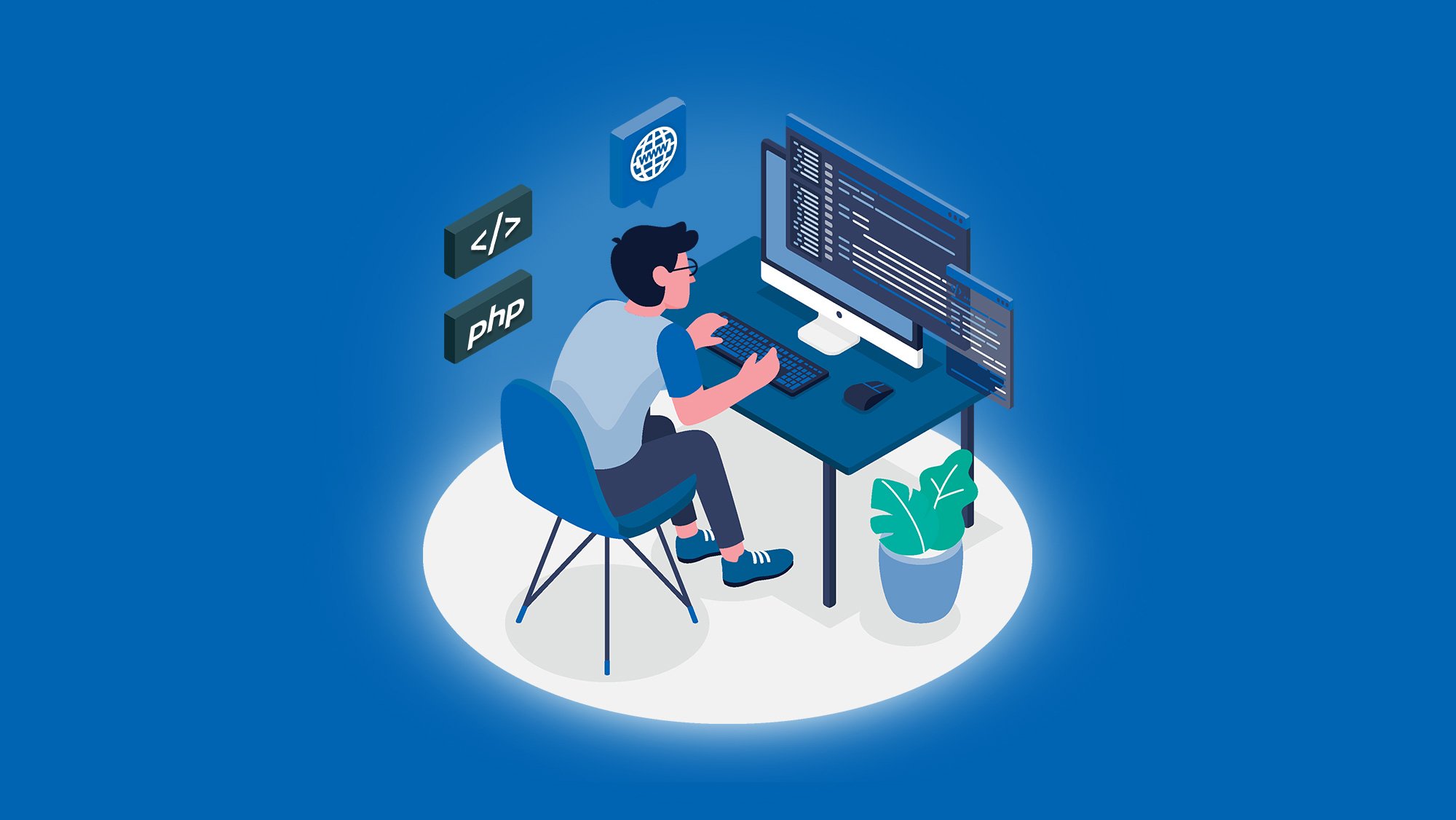
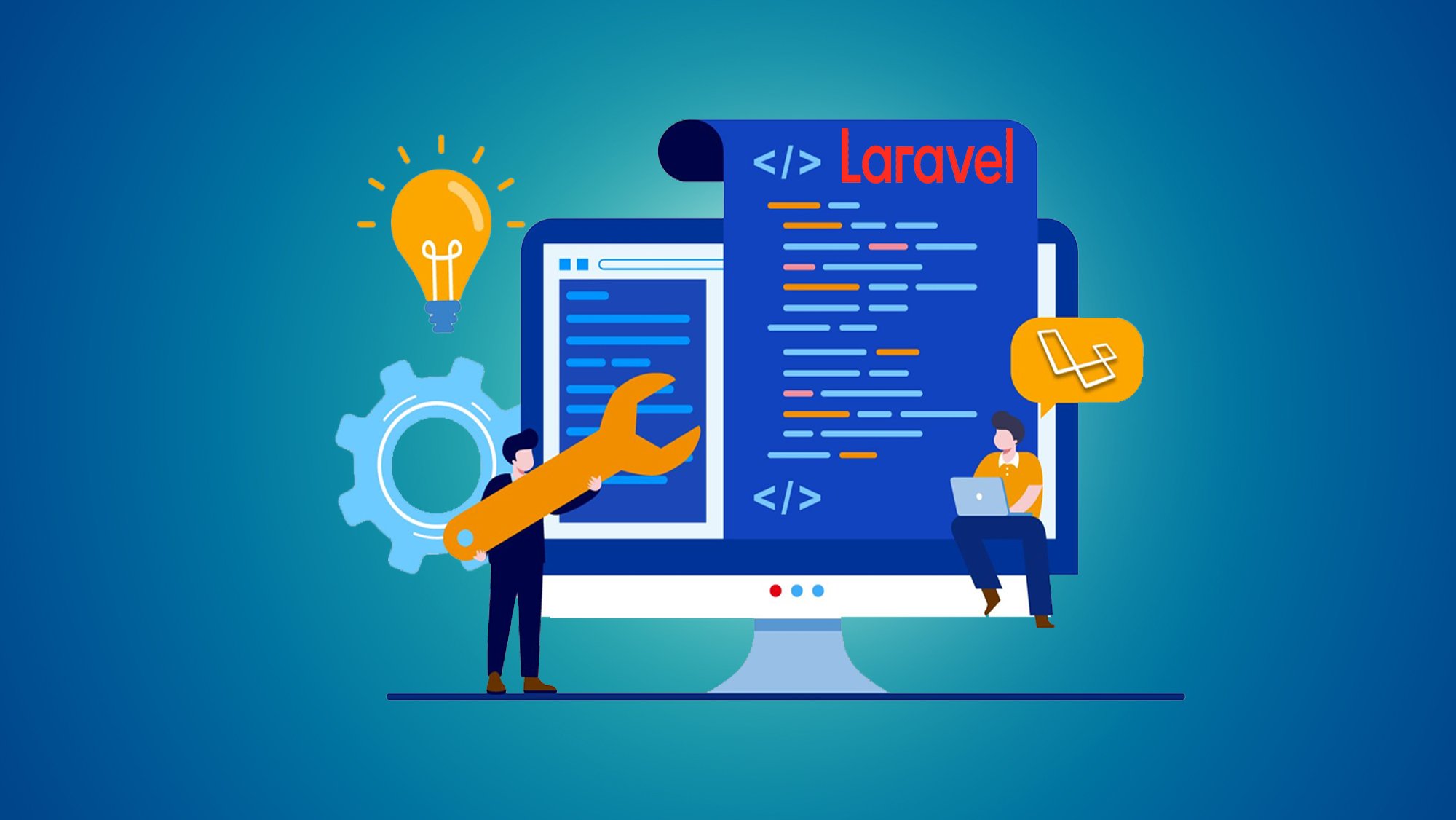
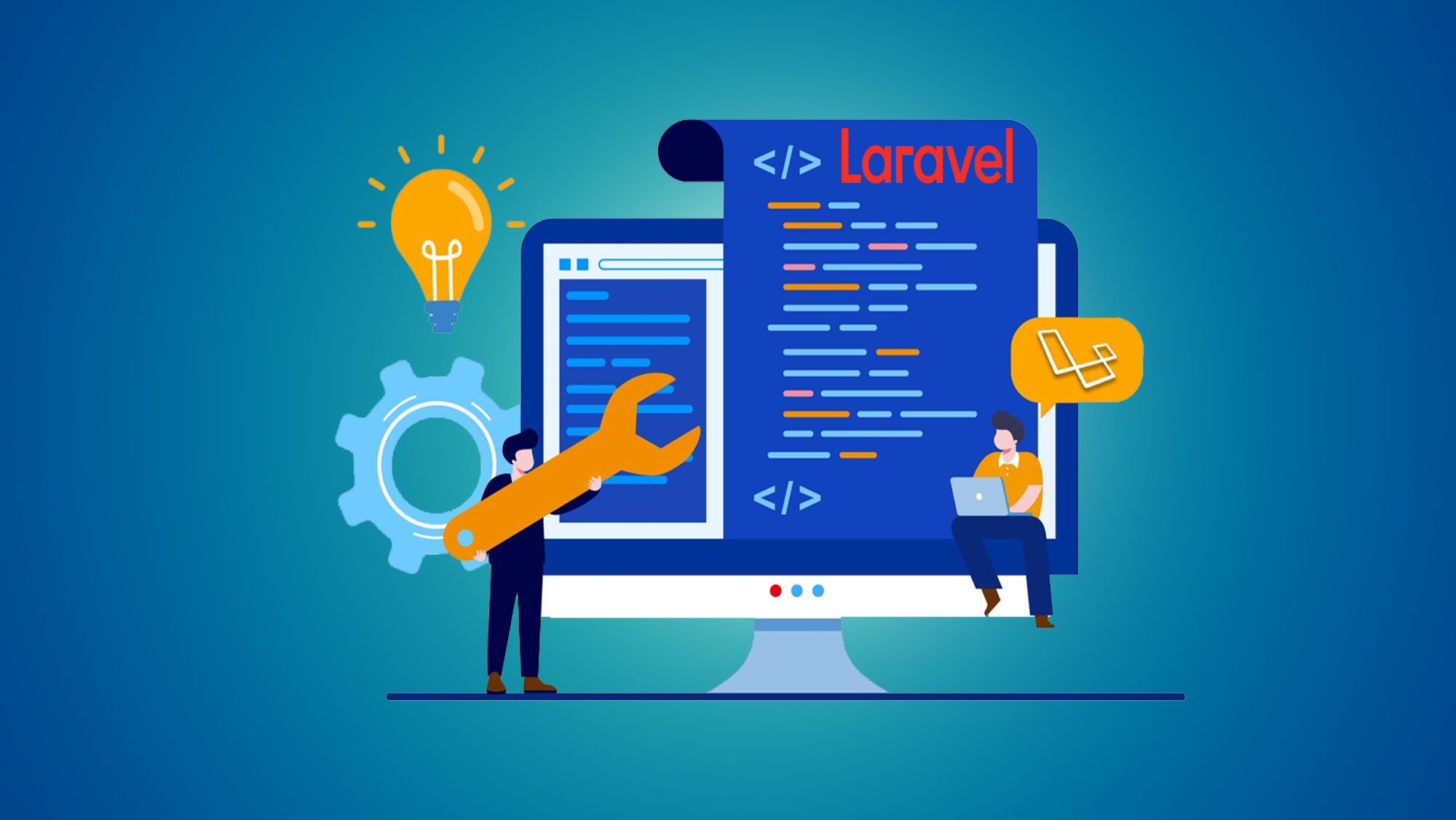
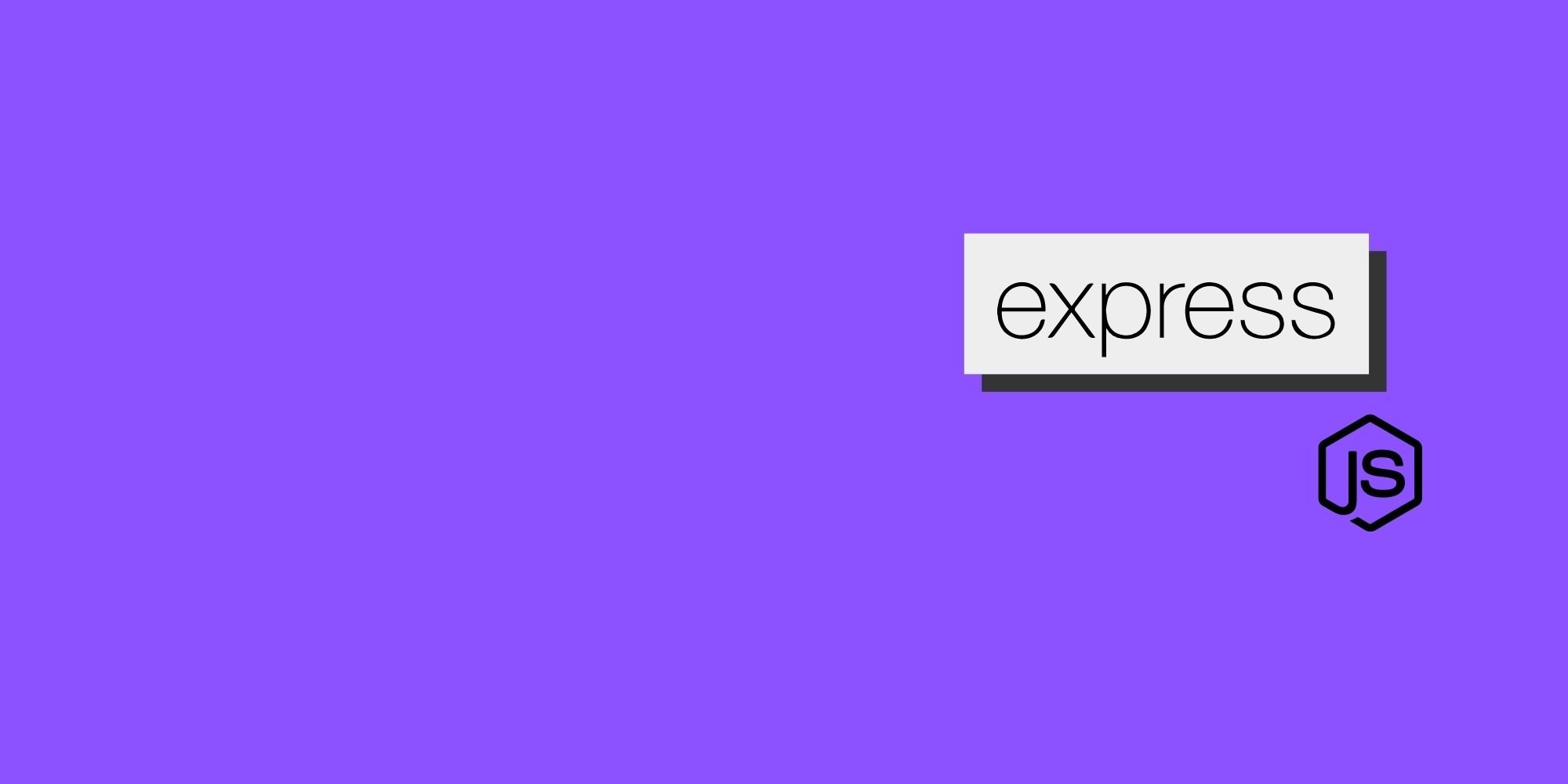
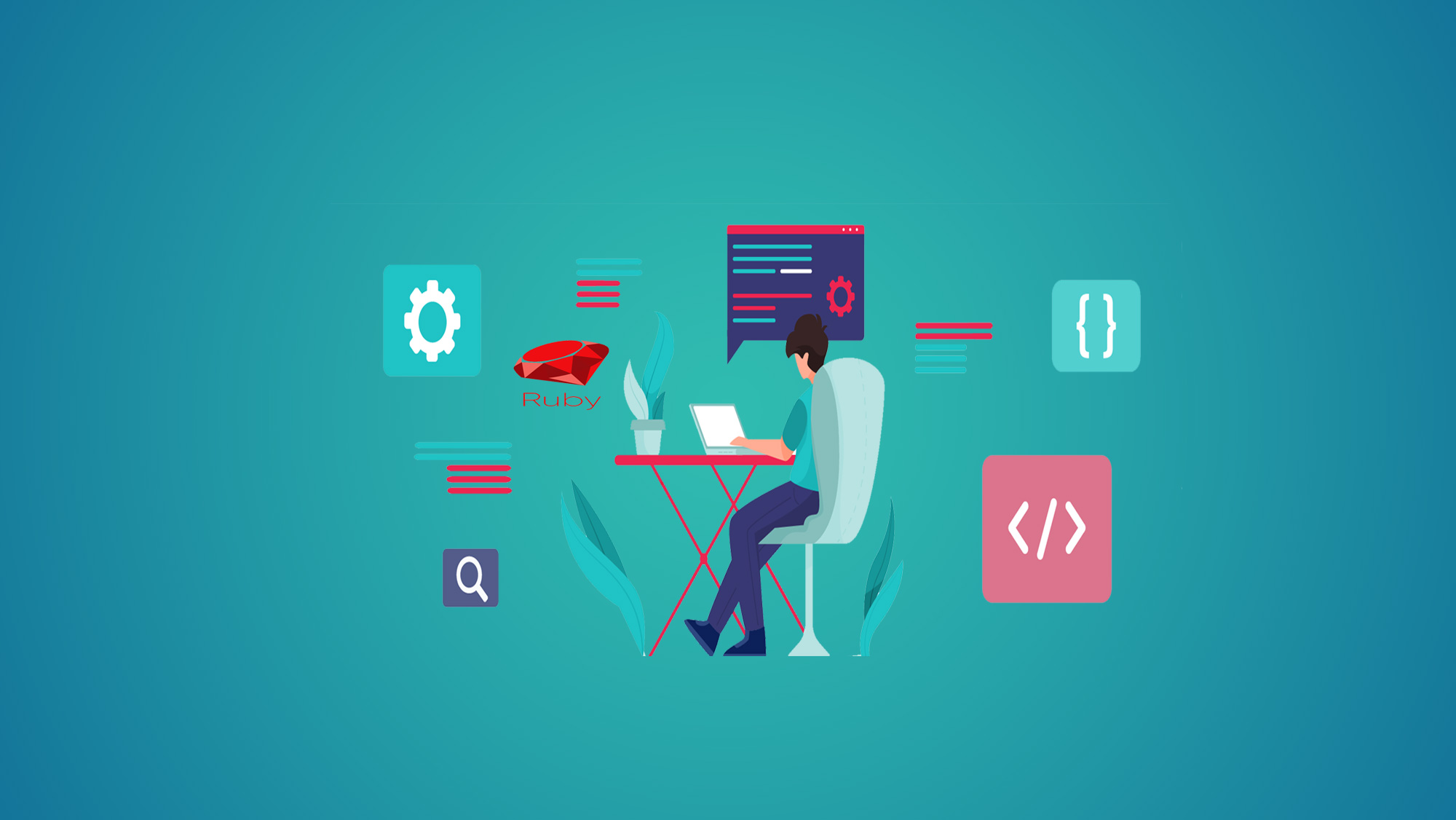
No Comments Yet
Let us know what you think